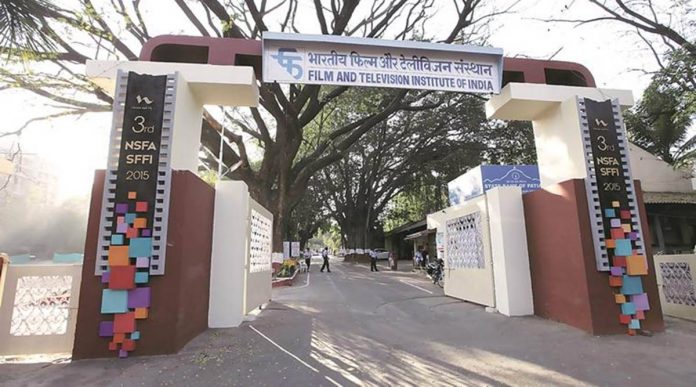The field of art should be non-conformist, inclusive and progressive in nature, the Supreme Court said on April 12, and added that a student cannot be barred from taking admission in a film and television institute because of colour blindness. The apex court directed the Film and Television Institute of India in Pune and other colleges to allow admission of such aspiring filmmakers. The order was passed after accepting recommendation of a court-appointed seven-member committee.
A student, whose admission in FTII Pune was cancelled in 2016 after he was found to be suffering from colour blindness, had been fighting a legal battle for almost six years, first in the Bombay high court and then in the Supreme Court. The Supreme Court said, “Film and television creations are collaborative art forms. The majority view of the committee was that restricting the entry of colour-blind candidates to film courses may sacrifice creative talent and stultify the development of the art. Inclusivity enriches this creative art form by introducing variety. Any limitation can be overcome by an assistant in the educational and professional life.” The court explained that if the learning limitations of a candidate could be overcome by making reasonable accommodations or with the help of an assistant, the candidate should be eligible for admission to courses offered by FTII or any other institute in the country.





























